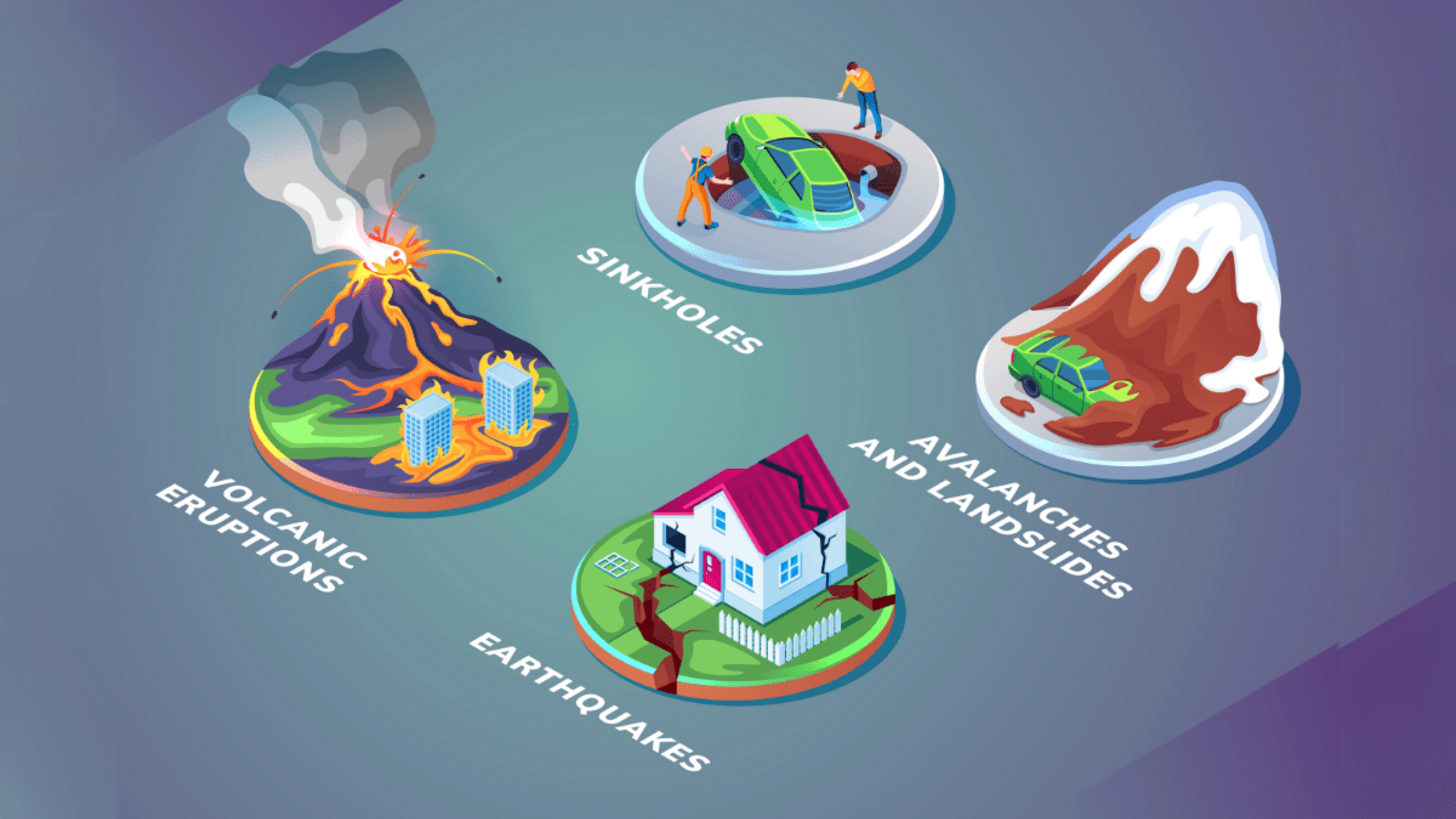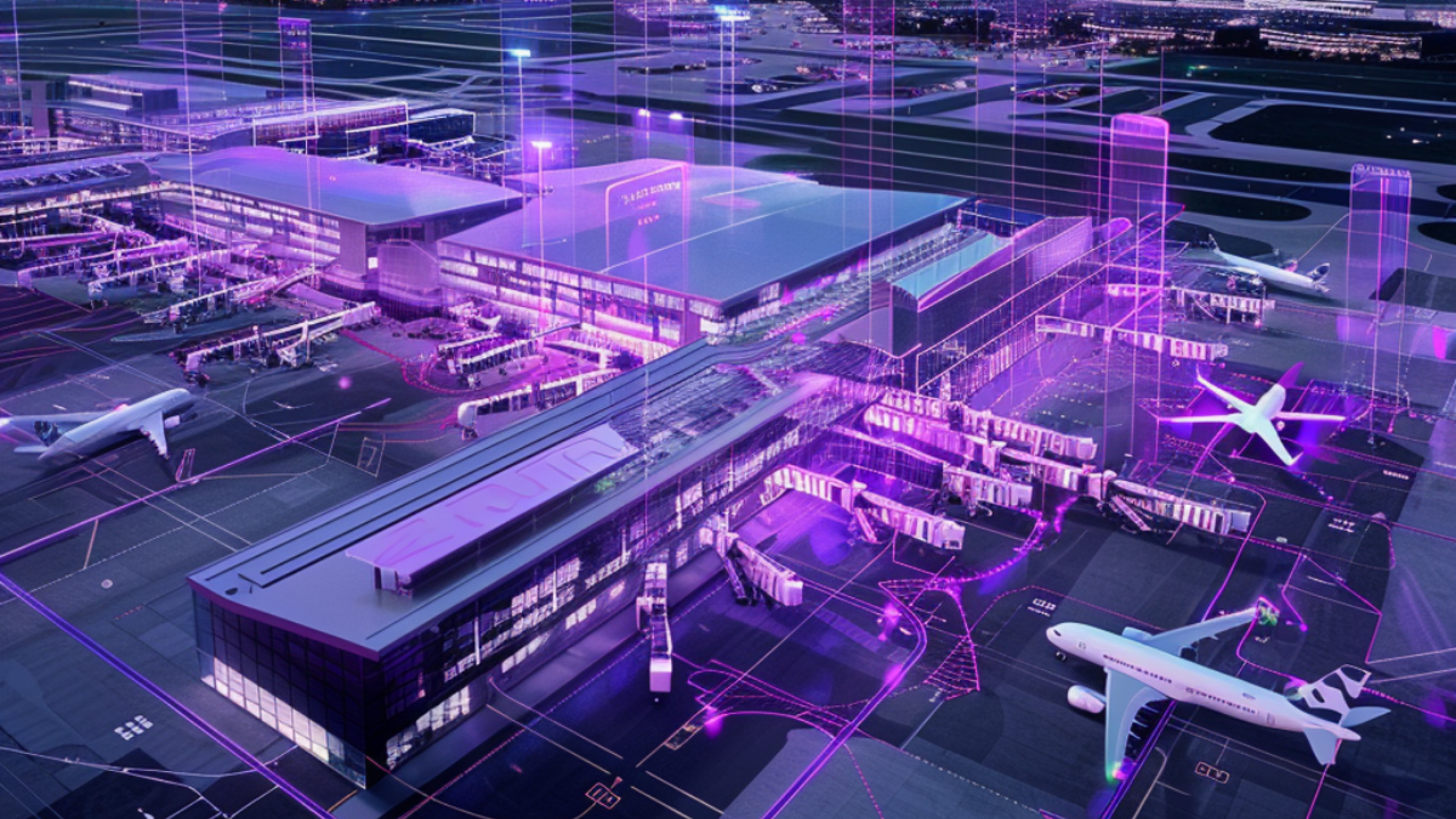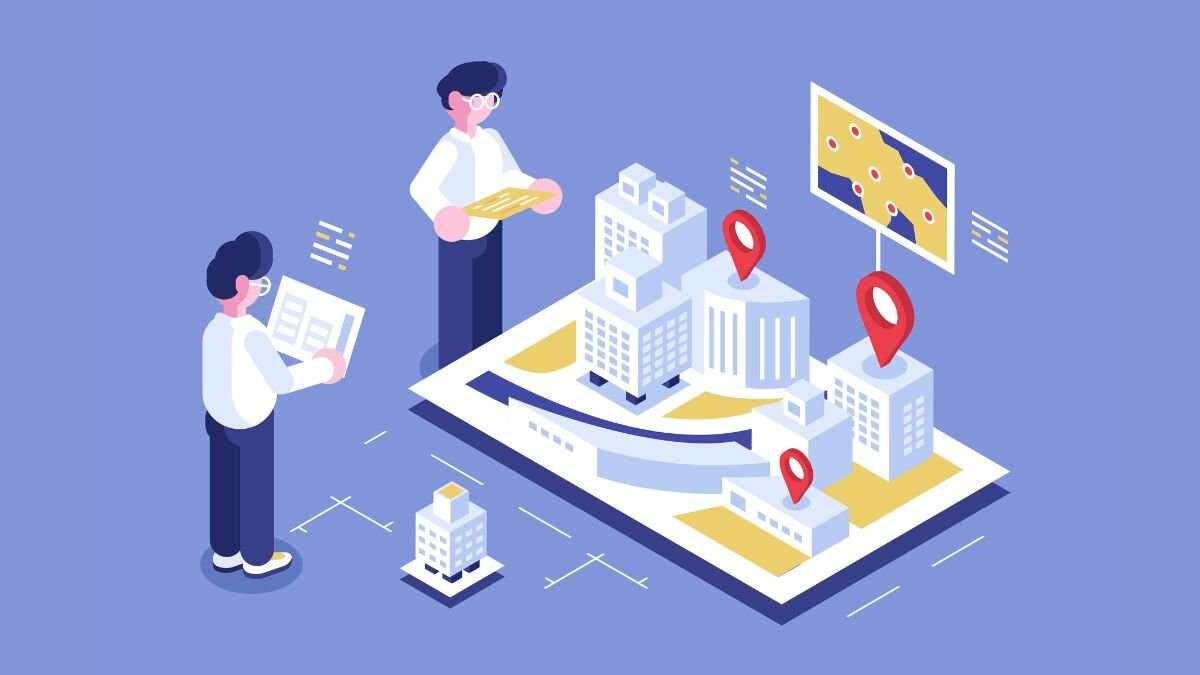Everything you need to know about the power of building intelligence—and how to make the most of it
Read Our Latest Insights

Industry Insights
The Intelligent Hotel: Navigating Costs with Digital Twins
The hotel industry, a sector once synonymous with bustling lobbies and seamless service, has weathered numerous challenges over the past decade. From pandemic-induced shutdowns to the relentless squeeze of rising costs and staffing headaches, hotel survival has become a masterclass in adaptation. Room demand reached an all-time high in 2024, according to STR research. As travellers return in mass, expectations have shifted, demanding a level of personalised experience that feels both effortless and intuitive. How do hotels meet the challenge? Enter the digital twin—a virtual representation reflecting the hotel's every heartbeat.
Read more

Industry Insights
Understanding Renters' Rights: How Digital Twins Improve Compliance and Property Management
The recent introduction of the Renters' Rights Bill in the UK aims to improve the relationship between tenants and landlords. As part of a broader effort to ensure fairer and more transparent living conditions, this bill ensures that rental properties meet specific standards, including affordability, maintenance, and habitability. Landlords and property managers now face new challenges in complying with evolving regulations. We explore how Digital Twins could support with these new compliance requirements.
Read more

Industry Insights
UK AI Investment Surge: Opportunities and Challenges for the Property Sector
The UK government's recent surge in AI investment promises to reshape numerous industries, and the property sector is no exception. By committing to driving AI development, the UK is positioning itself as a leader in technological innovation. Property professionals, from developers to facility managers, must understand AI's evolving landscape to capitalise on its opportunities and navigate its challenges. This article explores how the government's increased AI funding can impact the property sector, focusing on AI's potential benefits, obstacles, and real-world applications.
Read more

Industry Insights News
Lessons Unlearned: How the Dagenham Fire Highlights the Urgent Need for a Golden Thread of Information
In the wake of the Grenfell Tower tragedy in 2017, where 72 people lost their lives, the need for a comprehensive approach to building safety became starkly evident. The public inquiry highlighted a devastating reality: critical information about the building's structure, materials, and fire safety measures was either missing, outdated, or scattered across various documents and databases. This fragmentation of information—a far cry from the "Golden Thread" of safety data that should have been in place—played a crucial role in the disaster. Fast forward to 2023, and the fire at an apartment block in Dagenham served as a grim reminder that the lessons of Grenfell have not yet been fully learned.
Read more

Industry Insights
Harnessing the Power of Digital Twins: Centralising Data for a Digital Healthcare System
Healthcare stands on the cusp of a revolutionary shift. The NHS, with its vast network of hospitals, clinics, and trusts, faces the unique challenge of managing an overwhelming amount of data. This data—from patient records and treatment plans to equipment maintenance logs and administrative documents—is often scattered across various digital systems and physical records.
Read more

Industry Insights
Digital Twins: The Key to True Data Interoperability in Building Management
In an era where data is the new oil, the construction and facilities management sectors increasingly rely on digital technologies to streamline operations and maximise efficiency. Among these technologies, Digital Twins stands out as a transformative solution, holding the key to true data interoperability. By integrating disparate building data sources—such as Asset Management, Building Management Systems (BMS), Building Information Modeling (BIM), the Internet of Things (IoT), Facilities Management (FM), and operational data—Digital Twins drive significant increases in productivity, efficiency, and collaboration.
Read more

Industry Insights
Maximising ROI with Digital Twin Technology: A Comprehensive Guide for Facilities Managers
In the evolving landscape of facility management, digital twin technology emerges as a groundbreaking solution designed to optimise operations, enhance efficiency, and maximise return on investment (ROI). But what exactly is a digital twin, how can it help facilities managers to reduce costs and improve productivity, and how do you maximise the ROI? This guide aims to provide the answers to some of those questions.
Read more

Industry Insights
Understanding NABERS: Enhancing Building Performance and Sustainability with Digital Twins
The built environment is being scrutinised to improve energy efficiency, reduce carbon footprints, and foster sustainable growth. NABERS (the National Australian Built Environment Rating System) is one significant framework at the forefront of these efforts. This accreditation standard is a robust tool for assessing and benchmarking a building's environmental performance. This article delves into NABERS, its accreditation standards, and how leveraging a digital twin can help achieve and maintain a NABERS rating.
Read more

Industry Insights
Digital Twins in Disaster Management: Preparedness and Response Strategies
Disasters, whether natural or man-made, can wreak havoc on communities, causing widespread destruction and loss of life. In times of crisis, every second counts, and having robust preparedness and response strategies is paramount. While we often think of disaster management in terms of emergency services and evacuation plans, there's a lesser-known yet incredibly powerful tool in our arsenal: a digital twin of your buildings and infrastructures. Digital twins, virtual replicas of physical assets, have emerged as a game-changer in disaster management. They offer many benefits in preparedness and response strategies, providing valuable insights and facilitating rapid decision-making. Let's explore how digital twins are revolutionising disaster management
Read more

Industry Insights
Revolutionising Airports with Digital Twins: A Flight Towards Innovation and Efficiency
In an era where efficiency is appreciated and expected, the aviation sector stands at the forefront of embracing cutting-edge technologies to enhance operational capabilities. Among these technologies, Digital Twins emerge as a beacon of innovation, offering a dynamic, virtual replica of physical assets, processes, and systems. While seemingly futuristic, this concept rapidly becomes indispensable for process optimisation across modern industries, including aviation.
Read more

Industry Insights
Harnessing IoT Sensors & Digital Twins for Non-Intrusive Indoor Movement Monitoring
In the rapidly evolving landscape of smart technology, the fusion of IoT sensors and digital twins has unlocked a realm of possibilities, revolutionizing the way we monitor and manage indoor environments.
Read more

Industry Insights
Why Early Adaptation of a Digital Twin Strategy is Necessary for Any Building Project
In the realm of construction and infrastructure management, one innovation stands head and shoulders above the rest: the Digital Twin. This digital replica of your building is not just a fancy piece of tech – it's an indispensable tool that can revolutionise how you manage and operate your assets. But to truly harness its power, it's crucial to incorporate your Digital Twin strategy right from the design phase. Here's why.
Read more

Industry Insights
Building Tomorrow's Classrooms Today: How Digital Twins Are Reshaping Education
In the ever-evolving landscape of education, technological advancements continue to play a pivotal role in shaping the future of learning. Among these innovations, Digital Twins emerge as a powerful tool with transformative potential, find out how Digital Twins are now revolutionising the education sector.
Read more

